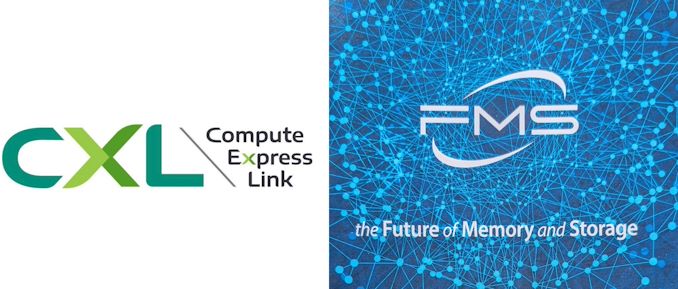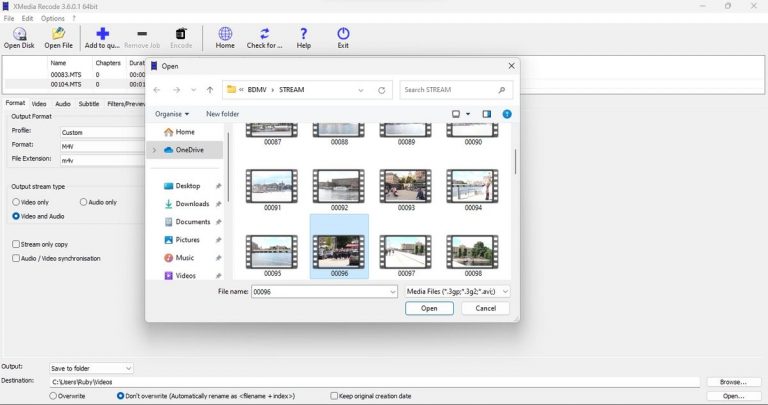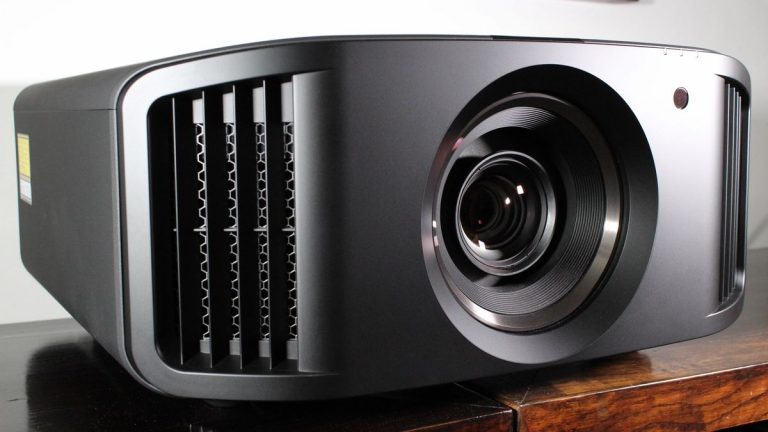CXL Accelerates Growth: Latest Developments at FullStack 2024 Revealed

Let me try to rewrite this text in a conversational tone while maintaining the same amount of content. Here you go:
The CXL consortium has been making headlines at events like FMS (which, by the way, has rebranded itself as the Future of Memory and Storage – nice change, right?).
Back in 2022, they announced Version 3.0 of the CXL specs – a major milestone in a journey that started as an interconnect standard for computer devices. Fast forward a year, and CXL has become the de facto choice for device interconnect standard, with other contenders like OpenCAPI and Gen-Z gradually falling by the wayside. As more memory expansion modules and other innovations came onto the scene, the specs started to embrace a wider range of applications, leveraging the ubiquitous PCIe expansion bus as a framework.
CXL is one of the most prominent sponsors at FMS, if not the most prominent (you might have noticed from the demos at the latest event). The consortium – which includes heavyweights like AMD and Intel, as well as up-and-coming startups – has been promoting the standard as a comprehensive upgrade strategy that future-proofifies your storage infrastructure.
I’m not going to mince words – the pace of change in the market has been breathtaking. After all, the migration of server platforms from DDR4 to DDR5, in conjunction with the rise of workloads demanding large capacities (without being particularly hung up on bandwidth or latency requirements) made expanding in-and-out-of-server memory infrastructure a game-changer, and memory expansion modules sprang into existence as early adopters of CXL technology.
Take SK Hynix, for example. At FMS ’24, SK announced not just a new DDR5-enabled CXL memory module featuring 128 GB capacity called CMM-DDR5, but also a sophisticated software toolset called HMDSK (Heterogeneous Memory Software Development Kit) aimed at simplifying the adoption of CXL memory for developers. Designed to handle the memory hierarchical structure and relocate data among server DRAM and external CXL devices based on usage patterns, HMDSK has the potential to revolutionize the way organizations manage memory resources.
To get an idea of CXL’s potential, behold the demo of SK hynix’s CXL memory module, which utilized the company’s proprietary PCIe 3.0 technology and leveraged 12nm DDR5 DRAM. By the way, did you know that software developers could use HMDSK to optimize memory partitioning and data relocation automatically? Pretty cool, don’t you think?
There were a few other compelling demos worth mentioning. Intel and Micron, who have been working together with Microchip, showcased another CXL memory expansion solution – the CZ120 unit, based on Microchip’s SMC 2000 CXL memory controller. I won’t sugarcoat it – this piece of kit is a veritable Swiss Army knife; it features DRAM failure handling, diagnostics, security features, and even scalable memory capacity.
Last (but definitely not least!): Marvell announced at FMS ’24, just days before the exhibition, its new Structura CXL product line featuring compute acceleration capabilities. Built on TSMC 5nm design guidelines (ahem, cutting-edge right there), the Structra A2504 accelerator takes the CXL memory expander game to the stratosphere with its custom-designed compute core, all while ensuring seamless integration. This might just be where the real magic happens:
Imagine CXL memory pooled across multiple hosts, connected via CXL 1.1, with software- managed memory allocation as the foundation. That dream is within reach, not just in theory, courtesy of CXL’s revolutionary memory hierarchy management. Imagine further an ecosystem where in-line compression and decompression become essential for efficient scalability – CXL’s there, supporting it all…
CXL is still up-and-coming, there’s no denying it! But hey, the “hockey stick” segments of the growth curve notwithstanding, when more host machines with CXL support trickle into production, products that harness its potential will thrive. That’s the whole point, right? What do you think? Care to join the CXL revolution?






